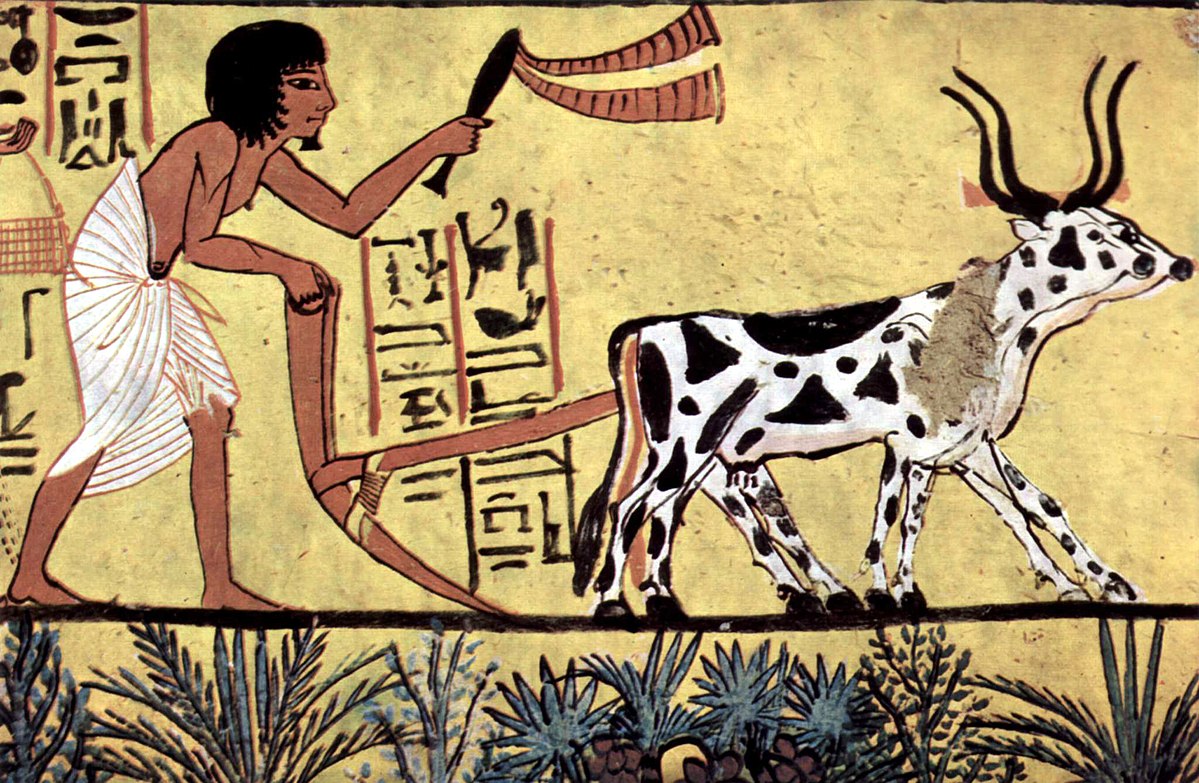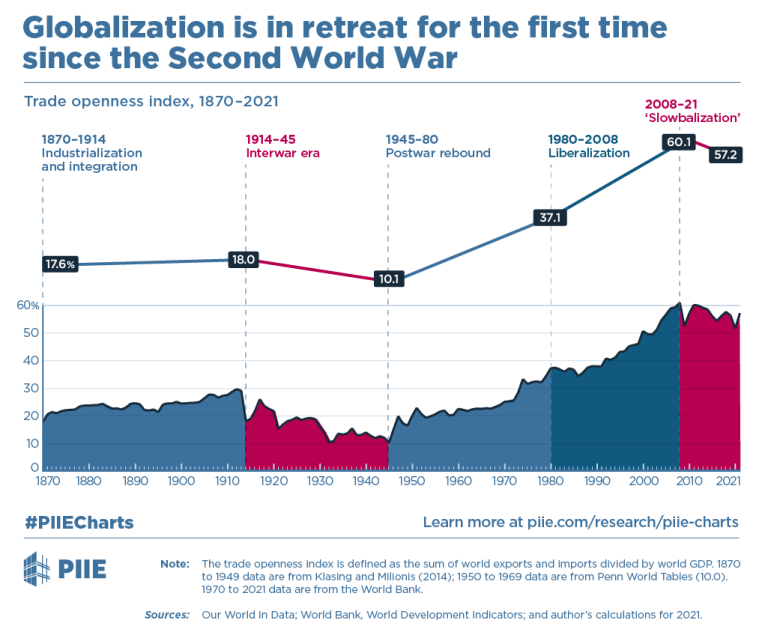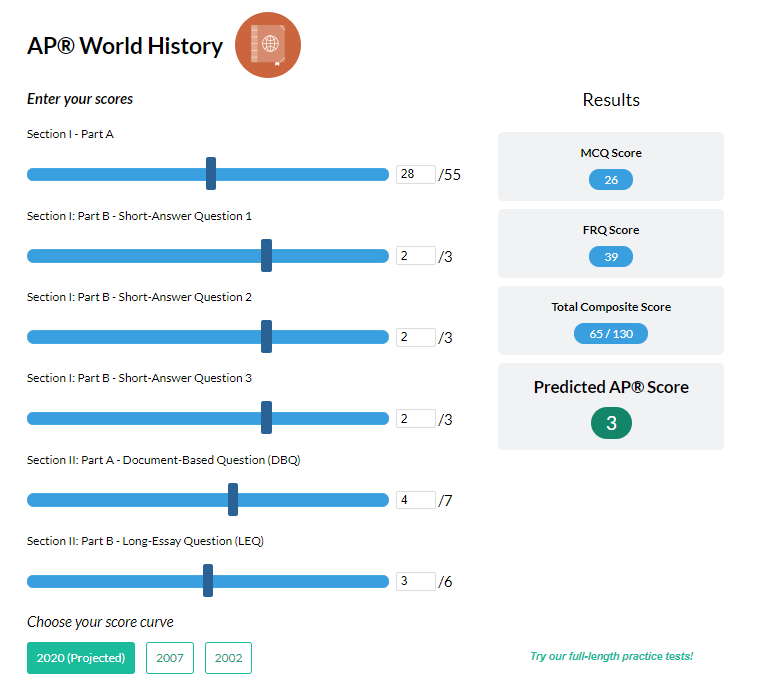How Did Farming Offer An Attractive Alternative World History
Farming has played an important role in world history, providing a reliable source of food and sustenance for many societies throughout the ages. It has offered an attractive alternative to the hunter-gatherer lifestyle, which was the primary subsistence strategy of early humans. Farming has allowed societies to create surplus food and store it for periods of famine or other difficult times. This has enabled them to build larger, more complex societies, and to develop trade networks and political systems. Farming has also allowed for the development of technologies such as irrigation and fertilizer, which have enabled the growth of crops in areas that would not have otherwise been possible. This has been a major factor in the success of civilizations throughout history. Farming has also been a major source of employment, providing a way for people to make a living while contributing to the growth of their society.
The Rise of Farming and its Impact on Human Development
Farming has had a major impact on human development throughout world history. It has allowed us to become more productive and to sustain larger populations due to increased food production and a reliable food supply. It has also allowed us to become more sedentary, as opposed to the nomadic lifestyle associated with hunting and gathering. Farming also had a major impact on the way humans interacted with one another and with the environment.
The rise of farming is thought to have begun during the Neolithic Revolution, which occurred primarily in the Middle East around 10,000 years ago. During this time, humans began to domesticate animals, cultivate crops, and settle in permanent settlements. This allowed for the development of more complex social structures and the growth of cities. Farming also allowed for the growth of trade, as farmers could exchange their goods with others.
Farming has also had an impact on the environment, as it has allowed humans to manipulate it in order to increase food production. This has led to the destruction of some habitats and species, as well as the overuse of certain resources. However, it has also allowed for the development of new types of crops and the introduction of agricultural technologies that have improved yields and reduced losses.
In conclusion, farming has had a major impact on human development throughout world history. It has allowed us to become more productive, to sustain larger populations, and to develop more complex social structures. It has also had an impact on the environment, both positively and negatively. As we look back on world history, it is clear that farming has been an attractive alternative for many.
Evolution of Farming Practices and Techniques
Farming has been a fundamental part of human history since the invention of agriculture. It began as a means of providing sustenance and has since evolved into a complex, global industry. Throughout the centuries, farmers have used various techniques to improve production and yields, from traditional methods to modern innovations. As the world population continues to grow, so does the need for efficient farming practices.
In the early days, farming relied heavily on natural resources like soil, sunlight, and water. Farmers would use simple tools like hoes and mules for plowing and planting crops. However, as people began to understand the science behind farming, they began to implement more advanced techniques such as crop rotation, irrigation, and selective breeding. This improved both the quality and quantity of crops, allowing farmers to produce more food with less effort.
Today, modern technology and scientific research have enabled farmers to use high-tech solutions like GPS-guided tractors, drones, and precision agriculture. This has allowed them to increase yields while reducing waste and environmental damage. Furthermore, the use of big data and artificial intelligence has enabled farmers to make more informed decisions about their crops and maximize their yields.
The evolution of farming practices and techniques has played an important role in shaping the world’s history. By providing a dependable source of food, farming has allowed populations to grow and civilizations to flourish. It has also enabled us to live healthier lives and enjoy a wider variety of foods. As the world’s population continues to grow, farmers will increasingly rely on cutting-edge technology and data-driven insights to ensure the world’s food supply remains secure.
Benefits of Farming in World History
Farming has been a major source of sustenance for humans since the dawn of civilization. It has also been a major factor in the development of human societies throughout the centuries. From providing food and shelter to allowing for the growth of cities and civilizations, farming has had an incredible impact on world history. In this article, we will explore the various benefits of farming that have led to its importance in world history.
Farming allowed ancient civilizations to become more self-sufficient and less dependent on hunting and gathering for their food sources. This allowed these civilizations to settle down in permanent locations, leading to the formation of cities and larger societies. Farming also allowed for the development of trade networks, as different civilizations were able to exchange food and other goods with each other. This opened up new opportunities for growth and prosperity.
The development of farming also helped to improve the diets of people in these civilizations. With a steady supply of food, people were able to consume more varied and nutritious diets. This helped to improve the overall health of the population and allowed for greater longevity.
Farming also allowed for the development of new technologies, such as irrigation systems and animal husbandry. These technologies allowed for the growth of larger and more productive crops, which in turn allowed for larger population sizes. This contributed to the growth of ancient civilizations and the development of greater economic and political power.
In conclusion, farming has been an important factor in world history, providing a steady food supply, facilitating the growth of cities and civilizations, and allowing for the development of new technologies. The benefits of farming have been a major factor in the development of human societies and its importance should not be forgotten.

Social and Cultural Implications of Farming
Farming has had a tremendous impact on world history, not only in terms of the introduction of food production, but also in terms of the social and cultural changes it has brought about. Farming allowed for the production of food in large enough quantities to support a growing population, leading to the emergence of large-scale civilizations. It also allowed for the development of new technologies, such as irrigation and fertilization systems, as well as the creation of new labor systems. Farming allowed for the production of food in larger quantities, which allowed for the growth of trade and the accumulation of wealth, leading to the rise of powerful empires. In addition, the development of new technologies and the introduction of animal husbandry allowed for the domestication of animals, which led to the development of new forms of transport and communication. Finally, the introduction of large-scale civilizations allowed for the development of social and cultural institutions, such as the art, literature, and religion, which had a profound effect on world history. Farming has had far-reaching implications for world history, and it continues to play an important role in modern society.
Environmental Impact of Farming
Agriculture has had a profound impact on the environment since the dawn of civilization. The expansion of agricultural land to meet the growing demand for food has played a major role in deforestation, soil degradation, and water pollution. In addition, agricultural activities can also have a negative impact on biodiversity, air quality, and climate change.
Deforestation has been a major consequence of agricultural expansion, leading to the loss of valuable ecosystems and habitats. It has been estimated that agriculture has been responsible for the destruction of more than 30% of the world’s forest cover. The use of fertilizers, herbicides, and pesticides can also cause soil erosion and degradation, reducing soil fertility and productivity.
Water pollution is another major concern associated with agricultural activities. Fertilizers and pesticides used in farming can find their way into rivers, lakes, and groundwater, leading to contamination and environmental degradation.
The impacts of agriculture on climate change are also significant. The burning of fossil fuels to power farm machinery and the use of chemical fertilizers and pesticides can lead to the production of greenhouse gases, contributing to global warming.
In conclusion, the environmental impacts of agriculture are significant and wide-ranging. The goal of sustainable agriculture is to reduce these impacts and ensure that farming practices are environmentally friendly. As such, it is essential to consider the potential environmental implications of agricultural activities and strive to minimize their impact.
The Future of Farming in World History
Farming has been a fundamental part of world history since the dawn of civilization. From the ancient Sumerians to modern day industrial agriculture, the practice of growing crops and raising livestock has been an attractive alternative to hunting and gathering for thousands of years. But what does the future of farming look like in world history? With technological advancements and an ever-changing climate, the future of farming is uncertain.
The global population is expected to increase significantly over the next few decades, meaning the demand for food will also rise. To meet these demands, new farming techniques are being developed, such as hydroponics and aquaponics, which use fewer resources than traditional farming methods. As climate change continues to have an impact on the environment, many farmers are turning to sustainable practices to reduce their carbon footprint and to protect the land.
At the same time, advances in technology have allowed farmers to become more efficient, with the help of automated equipment and precision agriculture. With drones and robots being used in place of manual labor, farming is becoming less labor-intensive and more cost-effective.
The future of farming is looking brighter than ever. With more sustainable practices, advances in technology, and a growing global population, the future of farming in world history is sure to be an attractive alternative.
FAQs About the How Did Farming Offer An Attractive Alternative World History
Q1: What made farming an attractive alternative in world history?
A1: Farming offered an attractive alternative in world history because it allowed people to produce their own food, make a profit from selling the surplus, and develop a more settled lifestyle. Additionally, the development of new technologies, such as the plow and irrigation systems, allowed people to increase their efficiency and productivity.
Q2: Why was farming a popular choice for ancient societies?
A2: Farming was a popular choice for ancient societies because it allowed them to produce their own food, become more settled, and develop a more complex social structure. Additionally, farming allowed them to use the land to their advantage, as they could cultivate crops and eventually trade with other peoples.
Q3: How did farming lead to the development of complex societies?
A3: Farming allowed for the development of complex societies because it allowed people to settle in one area and develop an economy. This led to the creation of cities, which allowed for the development of trade, the establishment of laws, and the emergence of social classes. Additionally, it provided a reliable food supply and allowed for the growth of population.
Conclusion
Farming offered an attractive alternative in world history because it allowed for the development of stable societies, increased food production, and the advancement of technological processes that could be used to benefit society. Farming provided the opportunity for people to build communities, establish trade networks, and increase their overall standard of living. Additionally, farming gave people the chance to explore and develop new ways of utilizing the land, such as through the use of irrigation and crop rotation. Farming has been an integral part of human history, and its impact on the development of civilizations across the world cannot be overstated.




